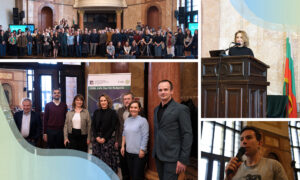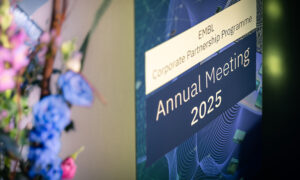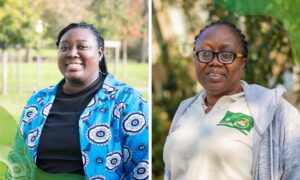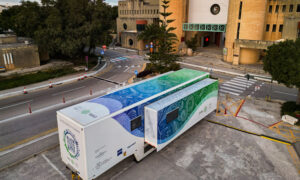
From students to mentors
“We had the coolest project, the best mentors and the best team – it was a really, really nice experience!” These were the words that Sara from Belgrade, a big fan of theoretical physicist Richard Feynman, used to describe her experience at the Summer School of Science (or S3++) in Pozega, Croatia.
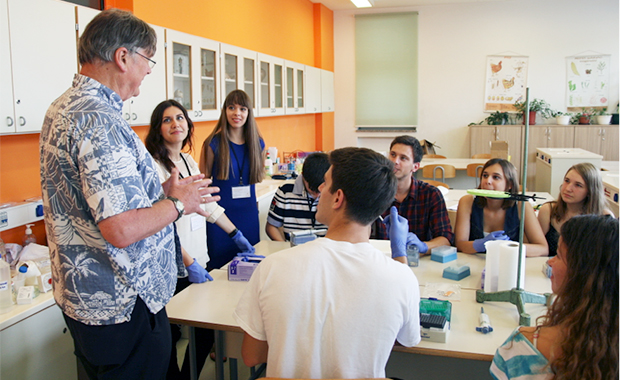
S3++ took place in July – an annual event organised jointly by Croatia’s Society for Out-of-Frame Education and the Science and Education Center. Over 10 days, high-school students from all over the world dived into the exciting world of scientific discovery, guided by a group of young scientists.
This year, S3++ had a special EMBL flavour: the mentors Sara praised so highly were PhD students Jelena Tica (Korbel Group) and Matilda Males (Furlong Group), who took on the role of project leaders and, together with five students, undertook to ‘Explore the Genome with Next-Generation Sequencing’. Jelena reveals more…

Why did you decide to get involved in S3++?
I really like additional side-projects like this – I enjoy organising and preparing symposia, forums and events to popularise science. When Matilda and I were asked to create a project for the Summer School of Science, I jumped in without any hesitation.
What did the day-to-day look like?
We usually met up with the students at 9am and worked with them until 6pm. In the evening, we had a guest talk, before socialising with participants and lecturers, including Nobel Laureate Tim Hunt and other PhD students.
Your project was quite challenging – what experiments did you undertake?
The aim of our experiments was to explore variations in different genomes in order to understand how changes in the genome architecture may lead to phenotypic variation. Our group looked into three different primate genomes and explored structural similarities and differences within and in between species. We mostly undertook computational analyses and predictions, but we validated some of our hypotheses with ‘wet-lab’ techniques.

You seemed to leave quite an impression. What was most rewarding about mentoring?
That was definitely seeing how the students progressed each and every day, how much they appreciated our efforts, and receiving their very positive feedback.
What did you take away from this experience?
Witnessing how much everyone appreciated the work we did and meeting science enthusiasts from all around the world, was more than I could have hoped for. In those 10 days I gained friends and colleagues, with whom I hope to stay in touch. But most of all, this experience made me fall in love with science all over again!

